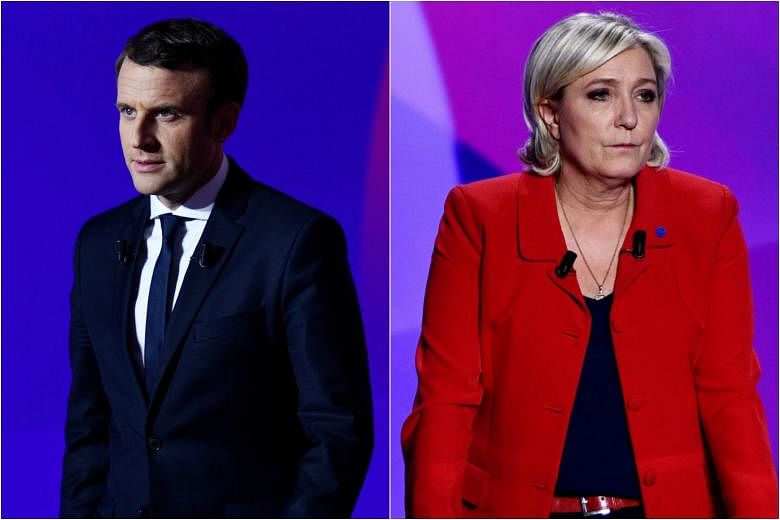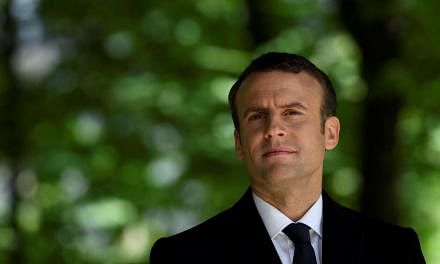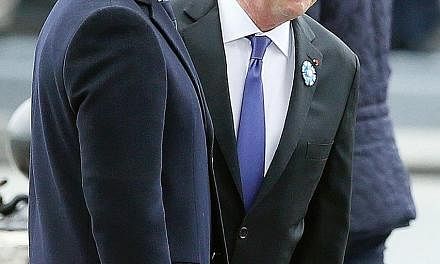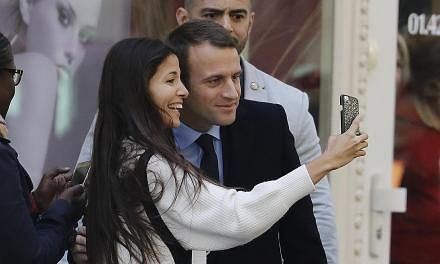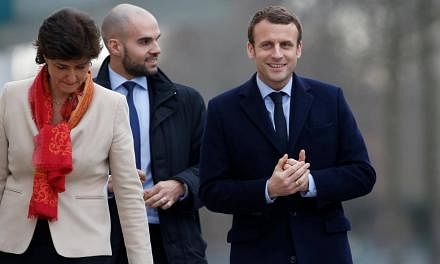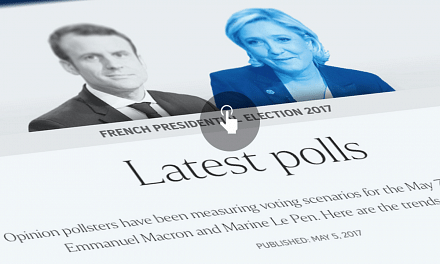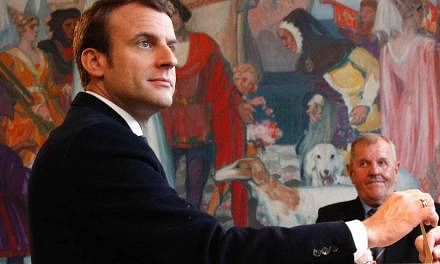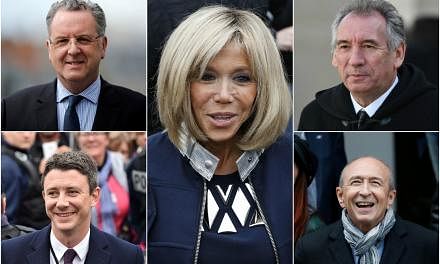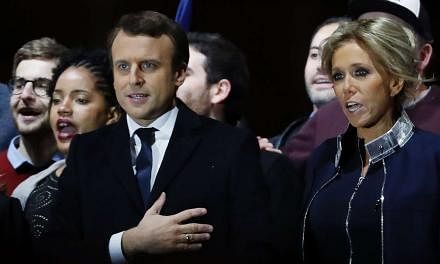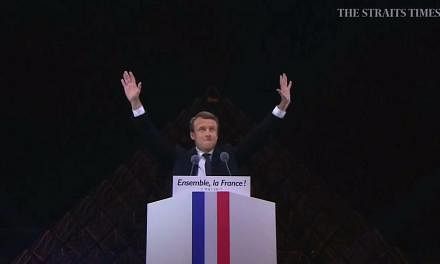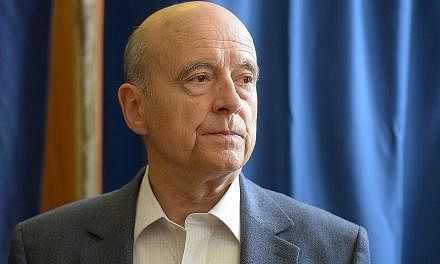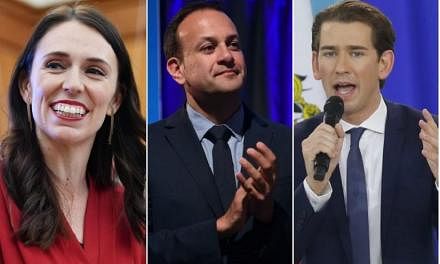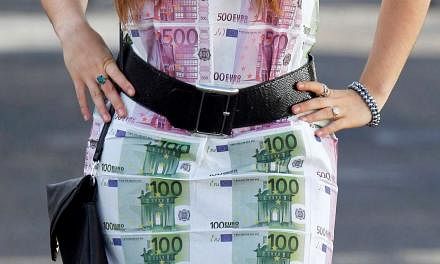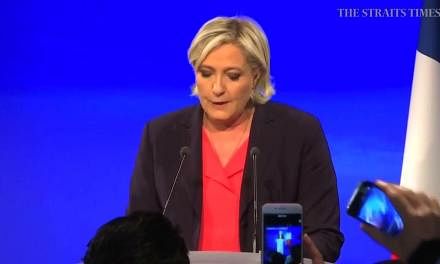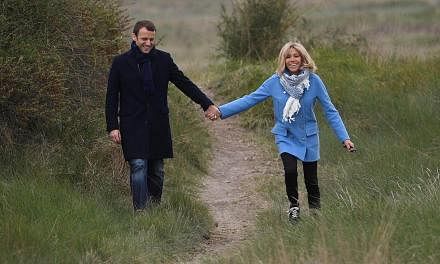PARIS (WASHINGTON POST) - Centrist Emmanuel Macron and far-right candidate Marine Le Pen will face off in the second and final round of the presidential election on May 7.
Here is what you need to know about what they stand for and what their victory or defeat could mean for France and Europe:
EMMANUEL MACRON, 39
- He is the favourite candidate of European governments, probably because he is the contender with the least radical changes on offer. Like German Chancellor Merkel, Macron has distinguished himself with a mixture of pragmatism and a refusal to take a clear stance on certain issues.
- Whereas all other leading candidates either clearly want to extend or roll back the state of emergency that was implemented after the November 2015 terrorist attacks, Macron has said only that he will evaluate it.
- Like Merkel, Macron has taken a strong stand in favour of immigration and the European Union. At times when populists on the far right and the far left have gained momentum, Macron has united voters who do not want radical change.
- A former member of the Socialist Party with a previous career as an investment banker, Macron leads a movement called En Marche! (Forward!)and has tried to avoid any suggestion that he represents the political establishment.
- Macron's wife, Brigitte Marie-Claude Trogneux, has caught the eye of the media. The 64-year-old is 24 years older than the candidate, and was his French literature teacher. He reportedly met her when he was just a teenager, with some reports saying he was as young as 15 when they first met.
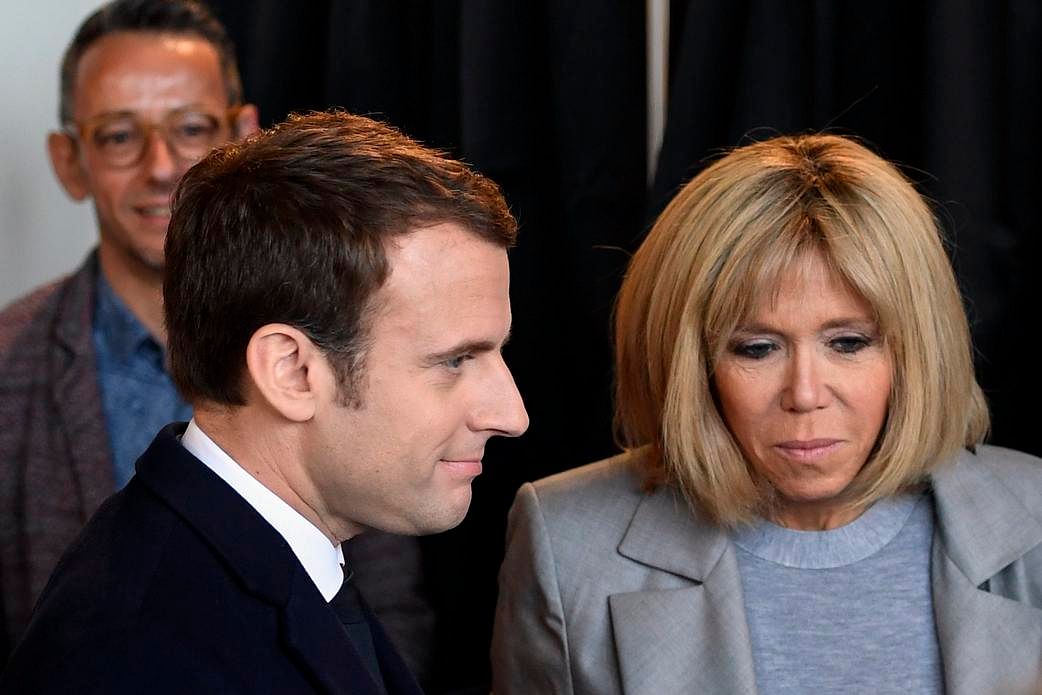
Footage has emerged of Macron kissing Trogneux on the cheek after a theatrical performance in 1993. A book, Emmanuel Macron: A Perfect Young Man, recently published by French journalist Anne Fulda, has shed more light on the pair. Their romance blossomed while he was studying drama with Trogneux, Reuters reported.
When Macron was a young teenager, his father told Trogneux, a married mother of three, to stay away from his son until he reached 18 years of age, according to Fulda, who interviewed Macron's parents.
"We couldn't believe it. What is clear is that when Emmanuel met Brigitte we couldn't just say: 'That's great!'," Macron's mother was quoted as saying.
She later confronted Trogneux saying: "Don't you see. You've had your life. But he won't have children with you."
The pair do not have children of their own.
Marine Le Pen, 48
- The far-right candidate has shaped France's politics for years and is one of the country's most polarising politicians. A former lawyer, she has spent much of her political career trying to move the party founded by her father into the French mainstream - something with which she still struggles.
- Her father, National Front founder Jean-Marie Le Pen, once referred to the Nazi gas chambers as a "detail of history." Since taking over the party leadership, his daughter has tried to distance herself from him to make the National Front more appealing to a wider range of voters. But critics have called her policy proposals similarly dangerous and divisive.
- Le Pen has vowed to introduce sweeping legislation to expand police powers if she gets elected and would leave the borderless Schengen zone as well as the euro zone. France's EU membership would also be at stake.
- The prospect of a Le Pen presidency frightens many liberal and centrist French, and at times she has drawn criticism from all sides of the political spectrum. Two weeks ago, she suggested that France was "not responsible" for deporting Jews during the Holocaust - although the French role in the incident to which she was referring is undisputed among historians.
